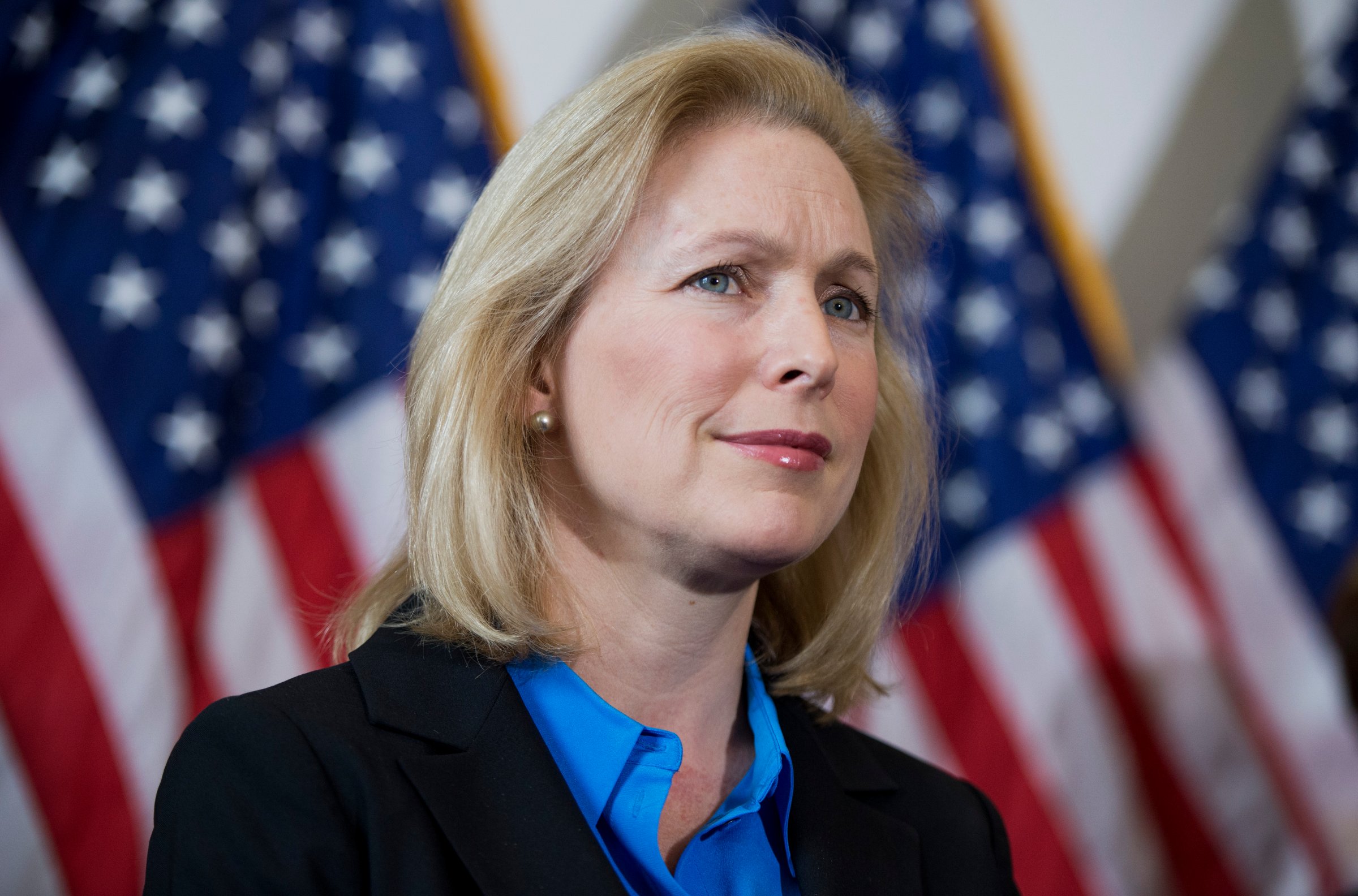
What do Senators Kirsten Gillibrand (D-NY) and David Vitter (R-LA) have in common? Not much politically, but when it comes to family leave policies, they are closer together than they are with older Senators from their own parties, like Dianne Feinstein (D-CA) and James Inhofe (R-OK).
Congress is not subject to the laws it passes, so each U.S. Senator has the discretion to make up his or her own maternity leave policy. TIME surveyed Senators about their paid family leave rules, and while one might imagine that most Dems would provide the longest leave and most Republicans the shortest, that’s not at all the case. With some notable exceptions, the divide is much more generational than by party.
Democrats Gillibrand and Martin Heinrich (D-NM), both in their 40s, offer 12 paid weeks, as do Republicans Vitter and John Thune (R-SD), both in their early 50s. But it was much more common for members, especially older members, to offer half that time off. Democrats Feinstein and Carl Levin (D-MI), who at 80 clock in as the Senate’s oldest members, offer just six weeks paid family leave, as do Republicans Michael Enzi and James Inhofe, both in their 70s.
There are exceptions. Independents Bernie Sanders of Vermont and Angus King of Maine were the left’s outliers. Though both men are septuagenarians, they had some of the best family leave policies in the Senate offering 12 paid weeks off. The other exception was Senate majority leader Harry Reid who also offers 12 paid weeks off.
About one third of all Senators–34 of them–answered questions about their family leave policies, 64 senators did not answer repeated requests for comment. Jay Rockefeller (D-WV) and Rand Paul (R-KY) declined outright to disclose office policies.
Six paid weeks is way ahead of the minimum under the law, but by progressive standards it’s downright miserly—especially as Senate Democrats hold press conferences practically weekly calling for paid family leave. Democrats have made the issue one of the centerpieces to court female voters ahead of tough November elections where they could lose the Senate.
President Barack Obama last week called on Congress to pass family leave legislation. “Only three countries in the world report that they don’t offer paid maternity leave—three—and the United States is one of them,” he said in his weekly radio address ahead of a White House summit on Working Families. “It’s time to change that.”
The White House itself has a paid six-week family medical leave policy, it announced last month. That’s ahead of the rest of the government—and most of the private sector—which allows only 12 weeks unpaid leave for an event such as the birth or adoption of a child. But many on the left are calling for longer paid family leave—12 weeks—as studies have shown that longer bonding times between parents and babies are beneficial to the long-term health of the child.
–With reporting from Caroline Farrand Kelley in Washington.
More Must-Reads from TIME
- Donald Trump Is TIME's 2024 Person of the Year
- Why We Chose Trump as Person of the Year
- Is Intermittent Fasting Good or Bad for You?
- The 100 Must-Read Books of 2024
- The 20 Best Christmas TV Episodes
- Column: If Optimism Feels Ridiculous Now, Try Hope
- The Future of Climate Action Is Trade Policy
- Merle Bombardieri Is Helping People Make the Baby Decision
Contact us at letters@time.com